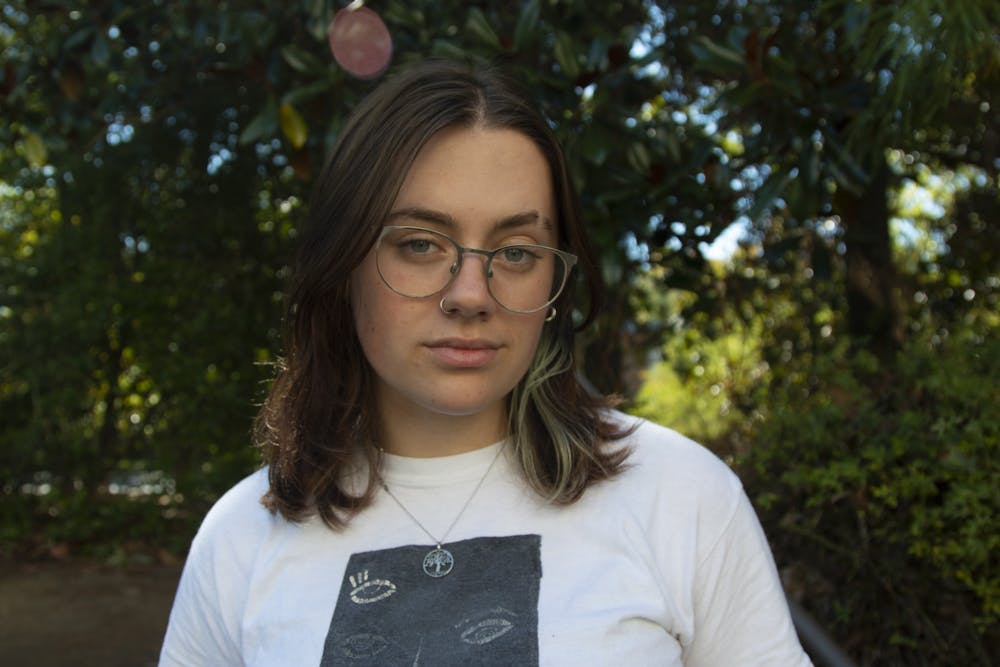After the U.S. Supreme Court overturned Roe v. Wade in June, thousands of protesters across the U.S. took to the streets, holding signs stating, “Women’s rights are human rights” and “Women’s rights matter.”
Although the statements highlight a large group affected by restrictions to abortion access, they exclude both the 1.6 million citizens older than 13 who identify as transgender and the 1.2 million citizens above 18 who identify as non-binary and could also be impacted.
Trans people's identities differ from the gender expression they were assigned at birth. While often grouped together with transgender individuals, nonbinary individuals' identities do not fit into the traditional western male or female categories referred to as the gender binary.
In North Carolina alone, almost one percent of adults and 1.27 percent of youth identify as trans. With the recently reinstated 20-week abortion ban, some trans and nonbinary individuals in the state fear the repercussions of stricter restrictions.
Tohrran Hamilton, a transmasculine UNC student, said their initial reaction to the overturning of Roe v. Wade was one of panic.
Hamilton said a few of their trans friends have relied on access to safe and legal abortions. They said many people ignore the repercussions that abortion bans have on trans and nonbinary people who can get pregnant.
“If you're thinking like a political kind of way, with those kinds of conversations, people kind of push like the LGBT side of things away because they're not quote-unquote 'as important,'” Hamilton said.
They said, however, that including trans and nonbinary people in discussions on abortion rights can be complicated.
“I don't think there's any good way to allow everyone to basically be included in it without most groups being angry at it in a way,” Hamilton said.


